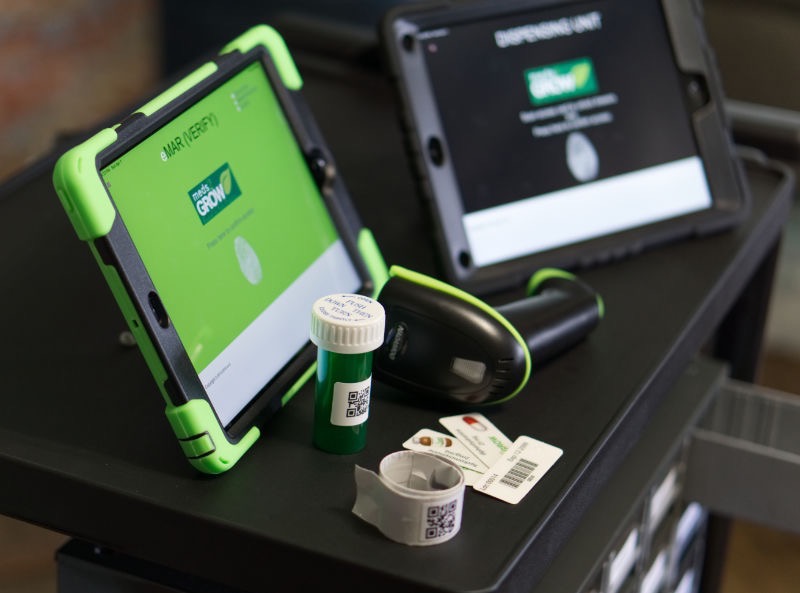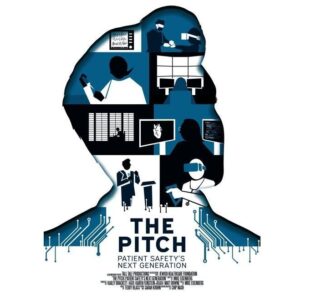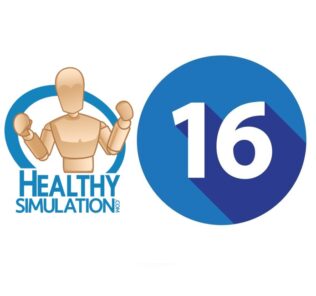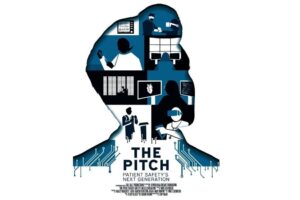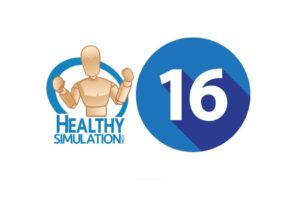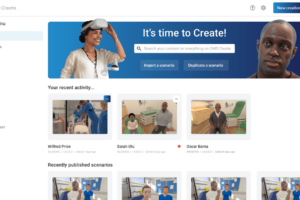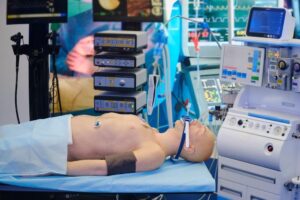meds2GROW Supports Key Learning Concepts in Medication Administration
Due to the risks inherent with learning on patients, medication administration is perfectly suited for use in nursing simulation scenarios. How else can learners engage with the practice of med administration without access to learning systems which simulate experiences outside the reach of their current clinical practice. Today, we take a closer look at some of the literature on simulation design with regards to clinical nurse learning theory to better conceptualize the opportunities of safe medication practice. As some may say that budget is a barrier to such learning, we then highlight the affordable meds2GROW medication learning systems from sim2Grow that do the trick.
In the research “Using Cognitive Load Theory to Inform Simulation Design and Practice” by Gabriel B. Reedy, MEd, PhD, C Psychol*, we see that “There is a limit to how much information people can process simultaneously, and this impacts how information is stored. Too much information, or too difficult a task, presented in an ill-considered or unstructured way, can result in cognitive overload for a learner.”
Furthermore, Dr. Reedy explains how “Cognitive load theory research suggests, however, that immersing learners in a learning environment that completely replicates the realistic world of clinical practice, without consideration of other factors, can make learning more difficult. This is due to the increased cognitive load required by the multiple inputs of the environment. Learners are, quite simply, overwhelmed by all the inputs into their working memory and are not able to process or make sense of what they need to learn.”
Sponsored Content:
When the psychomotor skill set needed to perform a medication pass is so daunting, there is no cognitive “room” for any additional critical thinking or decision-making. The result is a lack of clinical judgement being applied to the high stakes practice of medication administration. When a nursing student develops muscle memory around the psychomotor skill of safe medication administration, through repetitive practice, extrinsic cognitive load is reduced and there is room for higher order thinking and clinical judgement.
Utilizing a system that is realistic, intuitive, and effective without being overwhelming or difficult to use is the key. Integration of the meds2GROW simulated medication administration system allows faculty to reduce cognitive overload faced by today’s nursing students, both in the lab and in the clinical facility.
Looking at the table from “Emerging Theories Influencing the Teaching of Clinical Nursing Skills” by Suzan Kardong-Edgren, PhD, RN, Marilyn H. Oermann, PhD, RN, and Mary Anne Rizzolo, EdD, RN, we learn that “According to Schmidt’s and Lee’s (2005) autonomous level of skill mastery, skill steps must have been practiced to the point that they have become habituated and can be performed without thought. The autonomous level of skill learning and practice is most likely attained for those skills nurses perform regularly in the practice setting.”
Developing nursing students’ ability to use clinical judgement is a core requirement of nurse education. By providing for opportunities to master a critical skill”, educators ultimately decrease a learner’s “cognitive load”, freeing them to improve clinical judgement. As such a fundamental part of nursing, medication administration is a crucial component of nursing simulation which must be considered as a skill with many steps to achieve mastery over. Even Nursing programs on a budget can provide for such training, thanks to the meds2GROW learning platform available from sim2GROW.
Sponsored Content:
sim2GROW Offers Affordable Med Admin Training
sim2GROW is a company established by two nursing simulation educators in response to an identified gap in the healthcare simulation market for low-cost time-saving solutions for those undergraduate nursing programs with limited resources — including finances, time and staffing. Their mission is to provide practical products to undergraduate nursing program simulation labs. Their target audience are those nursing lab coordinators who wish to incorporate state of the art technology and safe practices, in areas such as medication administration, while remaining responsible stewards of their resources.
meds2GROW, their flagship product, is an all-inclusive system addressing two major limitations encountered by nursing education programs in regards to teaching best practices of medication administration: price point and fidelity. meds2GROW offers a low cost solution with a high tech feel allowing for unlimited high stakes skill practice in the safety of your nursing lab. Utilizing affordable iPads, barcode scanner, special customizable software, and medication drawers, learners can practice the steps of medication cart manipulation, from any room in the simulation lab. Watch this video below to see how easy it all can be!
meds2GROW supports the educational application of each of the clinical learning theories outlined above because it provides leaners with the opportunity to master the skill sets of medication administration in a safe and simulated environment. No matter what medication administration system they will end up using in their careers, new nurses need to practice the fundamental skills of using such unique systems during their education in-order to reduce cognitive stress when starting their new professional careers. With reduced stress comes increased awareness, leading directly to better clinical judgement and thus, better patient outcomes.
Visit the sim2GROW Website to Learn More Today!
Lance Baily, BA, EMT-B, is the Founder & CEO of HealthySimulation.com, which he started while serving as the Director of the Nevada System of Higher Education’s Clinical Simulation Center of Las Vegas back in 2010. Lance is also the Founder and acting Advisor to the Board of SimGHOSTS.org, the world’s only non-profit organization dedicated to supporting professionals operating healthcare simulation technologies. His co-edited Book: “Comprehensive Healthcare Simulation: Operations, Technology, and Innovative Practice” is cited as a key source for professional certification in the industry. Lance’s background also includes serving as a Simulation Technology Specialist for the LA Community College District, EMS fire fighting, Hollywood movie production, rescue diving, and global travel. He and his wife Abigail Baily, PhD live in Las Vegas, Nevada with their two amazing daughters.
Sponsored Content:



